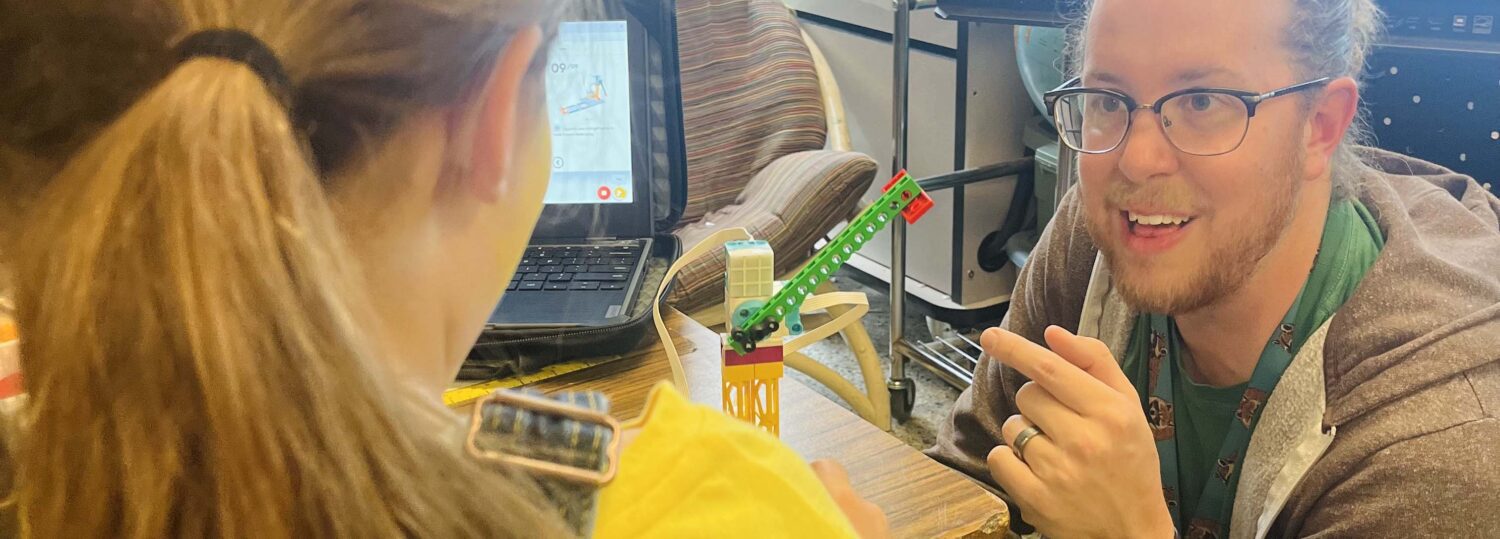RALEIGH, N.C.⸺Pitt County Schools STEM Educator Jason Wade injected a dash of drama when he implemented his middle grades Project-Based Learning (PBL) unit on renewable energy as part of his fellowship this past spring.
Wade recruited a fellow educator from his 2023-24 Kenan Fellows cohort to act as a representative from a fictional renewable energy company. Wyounda Horton, a Career and Technology teacher in Charlotte-Mecklenburg Schools (CMS), recorded a video in character as the head of the research and development department for SunBurst Motors.
In the video, Horton presented a challenge to Wade’s students: creating a clean energy vehicle prototype. His eighth-grade students had to design a vehicle that could switch between solar and electric power and calculate the correct gear ratio to maximize speed.
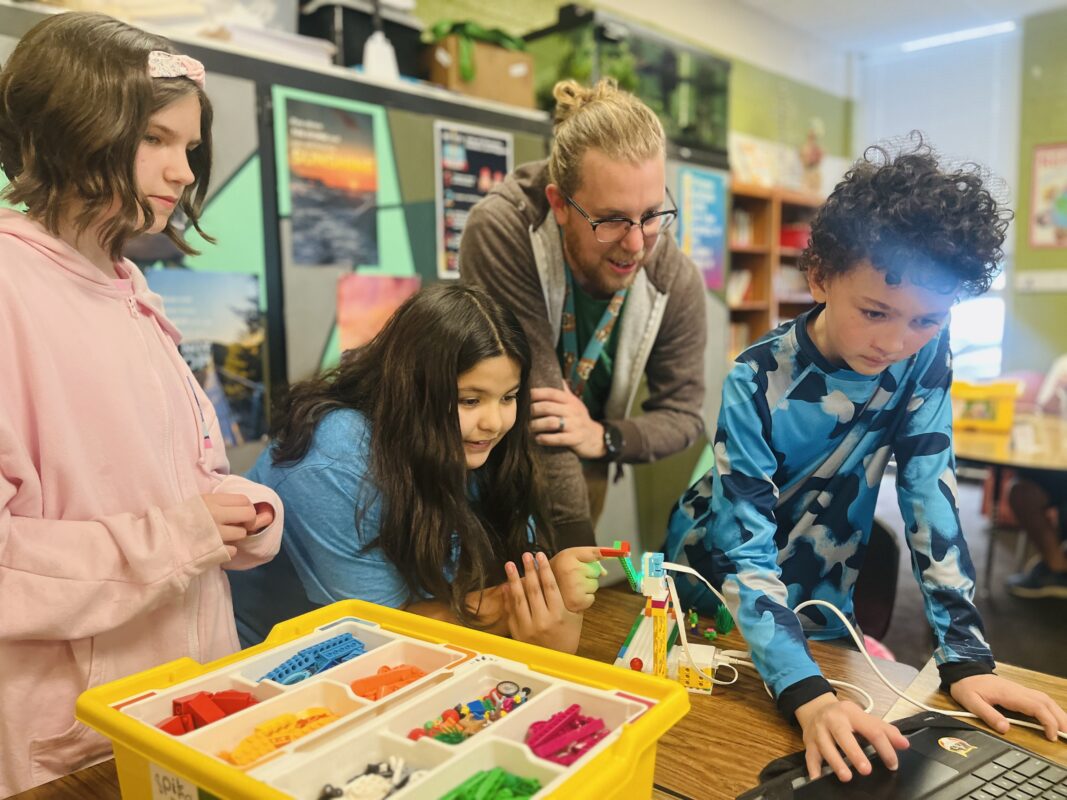
Teaching Clean Energy Engineering Through PBL
Wade believes Horton’s video was key to his PBL unit’s success. “There was 100% buy-in from all students,” he reflected. “They genuinely thought they were doing work to help a company. All of them were engaged and excited to try new things. Every student mastered each task required to build a solar/electric vehicle.”
Wade and Horton are among a group of Kenan Fellows supported by a grant from the N.C. Department of Environmental Quality. They belong to the first group of 32 K-12 North Carolina educators who will participate in a four-year program designed to introduce students to career opportunities in the clean energy sector, increase their STEM knowledge and help them build essential workforce skills. A new group of eight educators has been selected for the 2024-25 cohort year. Two more cohorts of eight will be selected in future fellowship cycles.
Collaboration Drives Success: From Solar to Wind Power
In addition to enlisting help from Horton for the introductory video, Wade partnered with another 2023-24 Clean Energy Kenan Fellow, Savannah Brown to design the PBL unit. While Wade focused on the solar energy aspect of the lesson, Brown, a middle school science teacher in Onslow County, focused on wind power. For her portion of the lesson, Brown’s students learned the different roles required to build a windmill and built small-scale windmills themselves.
Brown completed her industry immersion with Carteret Community College where she learned about the offshore wind energy workforce. Reflecting on her experience, Brown shared, “I learned about careers that will be in high demand within the next four to six years, which is perfect timing for when my 8th graders will be entering the workforce.”
Similarly, Matthew Yaeger, a teacher at Topsail High School in Pender County, designed a PBL unit where students investigated North Carolina’s energy future and explored local jobs related to energy production. They also designed miniature windmills and tested the quality of their designs.
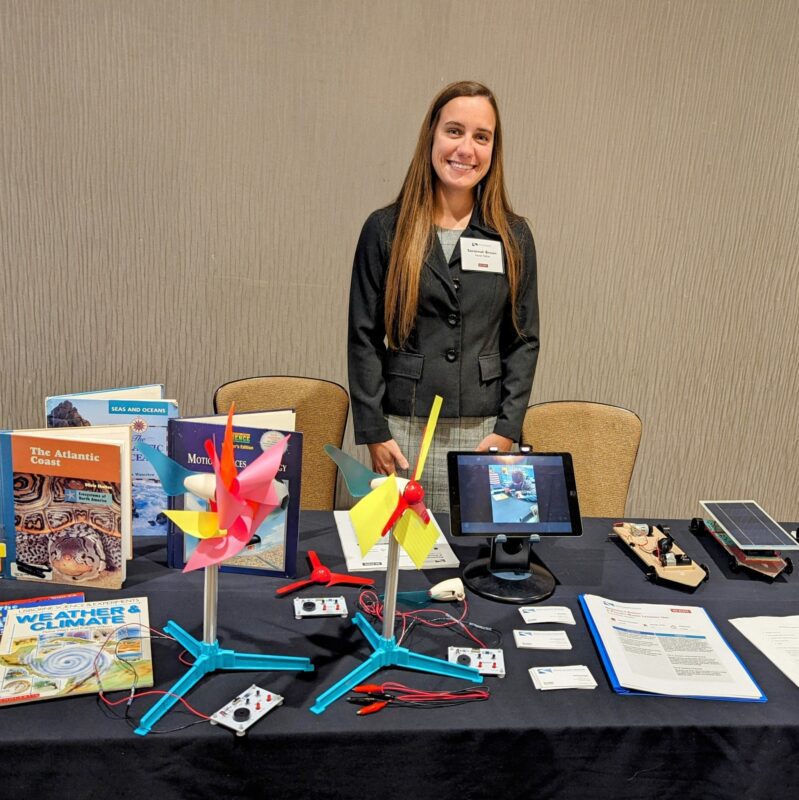
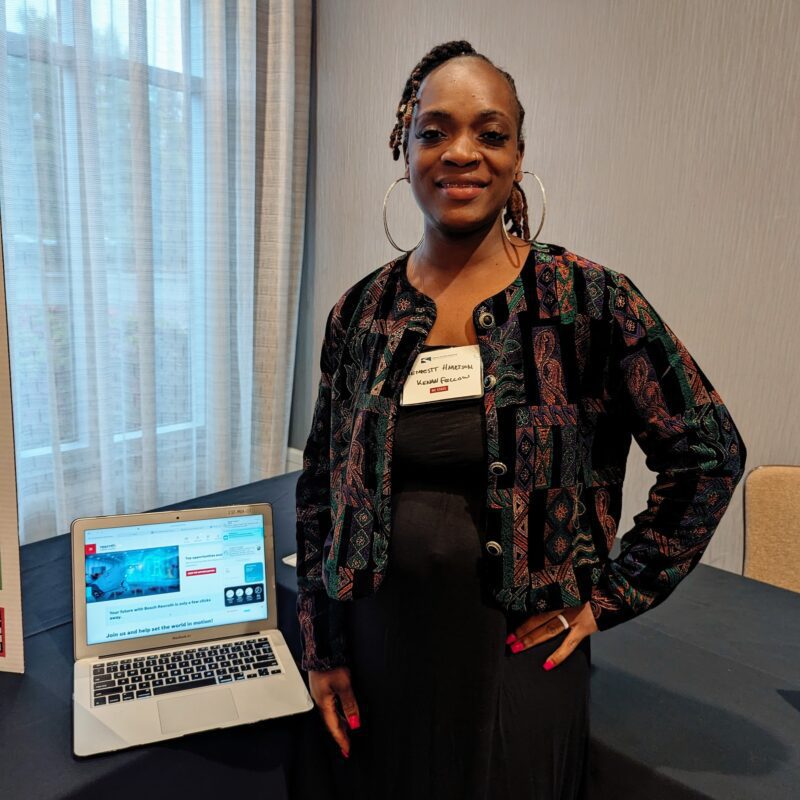
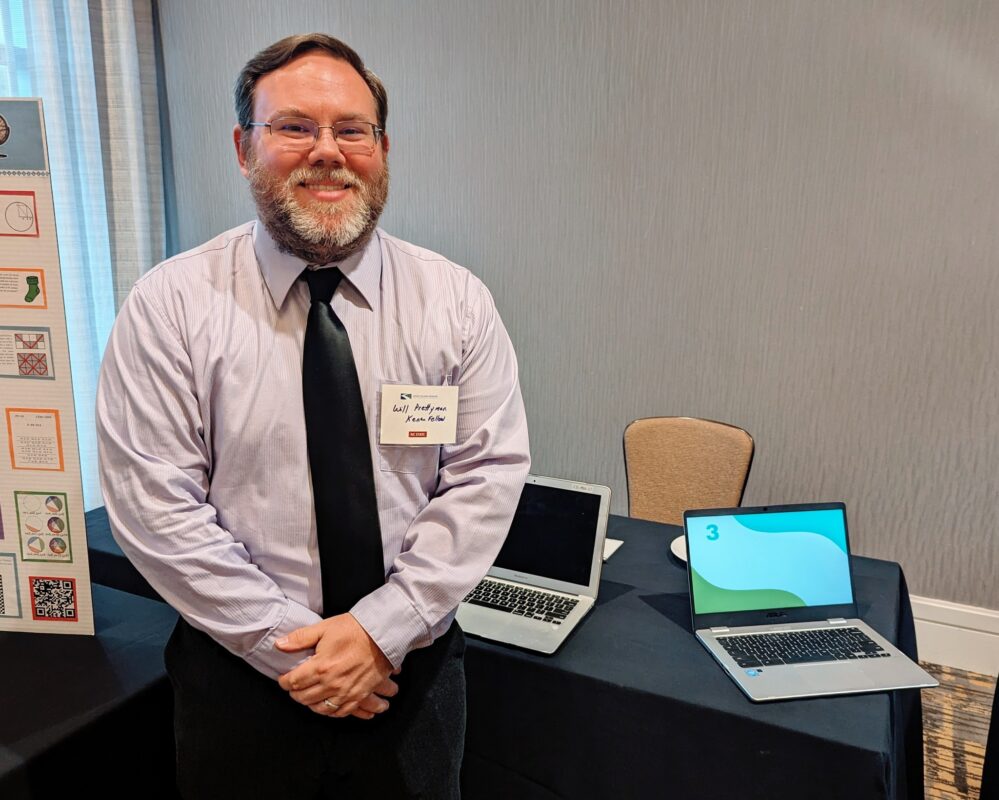
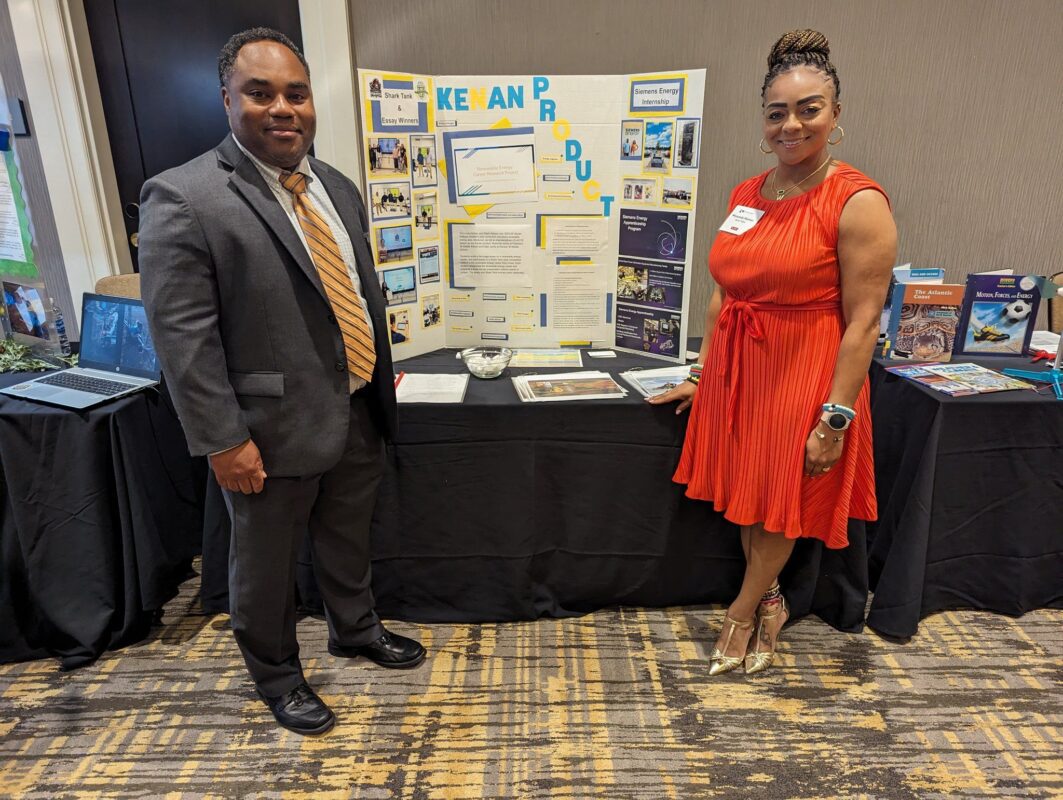
Interdisciplinary Projects Highlight Renewable Energy Careers
For her project, Horton collaborated with another CMS Kenan Fellow, Elijah Watson, whose fellowship was supported by Duke Energy. They developed an interdisciplinary unit combining English Language Arts (ELA) and CTE allowing students to explore renewable energy careers.
Their students participated in a writing competition, creating a two-page essay titled “The Need for Renewable Energy Jobs and the Effect on the Planet.” Horton and Watson also merged their classes for a “Shark Tank”-style competition, where students presented on renewable energy jobs. Each student researched a renewable energy job and delivered a three-minute presentation before a panel of judges.
Horton noted that partnering with educators from different school districts and subject areas enriched her teaching practice. “I feel more empowered and emboldened as a teacher leader,” she said. “I now know that my influence as a teacher can extend beyond the four walls of my classroom.”
Hands-On Learning: Solar-Powered Greenhouses
Collaboration was a recurring theme among the 2023-24 Clean Energy Kenan Fellows. Trey Nichols from Winston-Salem/Forsyth Schools and Shavon Via from Alamance-Burlington Schools completed a project teaching students about growing plants using solar-powered greenhouses.
The pair also developed a how-to booklet for teachers and students to guide them in building their own greenhouses powered by renewable energy. Via highlighted the value of working with colleagues on projects that offer students insights into their future careers. She remarked, “Collaborating with another educator and working together to create a transformative experience for students has made a big impact on my career.”
Building Industry Connections
Back in Charlotte, Tempestt Harrison’s fellowship project has impacted her students and her industry host organization. During her industry immersion at Bosch Rexroth, she collaborated with a marketing representative to develop a hiring resource webpage for the company.
The page includes information about apprenticeships, employee spotlights, and details about the workforce skills needed for careers in the industry. CMS students can use a QR code to access the website and learn about career opportunities at Bosch Rexroth.
Another Clean Energy Kenan Fellow, William Prettyman, who teaches game art design and computer science at Riverside High School in Martin County, tasked his students with designing an original piece of art using Adobe Creative Cloud. The project aimed to explain what clean energy is and explore careers available in the clean energy industry in North Carolina.
Student-Centric Projects Enhance Learning
Prettyman noted that his students enjoyed the project because they were creating art targeted at elementary and middle school students, helping the younger audience learn about clean energy. He explained that his students appreciated building products relevant to a specific audience.
Reflecting on his overall experience as a Kenan Fellow, Prettyman stated, “I had a great experience. I was able to take time and reflect on my own teaching practice while developing valuable relationships with other fellows that will enhance my role as a teacher leader moving forward.”
